Idle Hands Are the Devil’s Tools
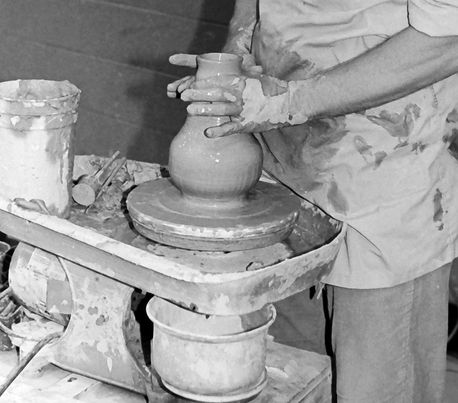 We can use our hands for great good or great evil. Too much free time often leads us the wrong direction. Idle hands are the devil’s tools.
We can use our hands for great good or great evil. Too much free time often leads us the wrong direction. Idle hands are the devil’s tools.
Idle hands are the devil’s tools has several similar proverbs.
They include:
- Idle hands are the devil’s workshop.
- An idle brain (or mind) is the devil’s workshop.
- Idle hands do the devil’s work.
All mean we are more likely to get into trouble when we have nothing to do.
Busy minds and hands leave little time for mischief.
We need free time and rest, but not too much.
Children (and adults) need time to use their imaginations. They also need to learn the value of work and helping others. Good habits learned early in life help us the rest of our lives.
Hands that create beautiful pieces of art can also destroy that beauty.
However, if we pick up the pieces of the messes we make, we can create something lovely again.
Give God your hands, the broken pieces of your life — all of you — and watch Him work.
“Let your hands not be idle” (Ecclesiastes 11:6 NIV)
Thanks to Judy Corbin for the suggestion. Thanks also to Judy Clark for finding the photo of Tommy Clark and to Richard Robards for permission to use it.
Do you have an expression you want explained? If so, please comment below.
Subscribe to receive my weekly posts by email and receive a free copy of “Words of Hope for Days that Hurt.”
If you enjoyed this post, please share it with your friends.
 Many of us complain that we have to work like a mule. Our complaints increase if we:
Many of us complain that we have to work like a mule. Our complaints increase if we: Have you tried to find a needle in a haystack? Believe me, it is not easy. I have never looked for a real needle in a stack of hay. However, I have hunted for several hard-to-locate items.
Have you tried to find a needle in a haystack? Believe me, it is not easy. I have never looked for a real needle in a stack of hay. However, I have hunted for several hard-to-locate items. Please welcome one of my favorite authors, Ann H. Gabhart, as today’s guest writer. Ann has been called a storyteller. She’s lived up to the title with thirty-five books published and more stories on the way. Ann keeps her keyboard warm out on her farm where she likes walking with her dogs or discovering the wonders of nature with her nine grandchildren. To find out more about Ann and her books, go to
Please welcome one of my favorite authors, Ann H. Gabhart, as today’s guest writer. Ann has been called a storyteller. She’s lived up to the title with thirty-five books published and more stories on the way. Ann keeps her keyboard warm out on her farm where she likes walking with her dogs or discovering the wonders of nature with her nine grandchildren. To find out more about Ann and her books, go to 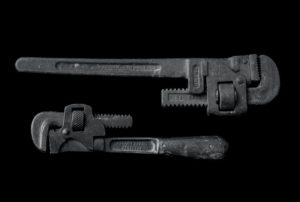 Where various products were once made one at a time by craftsmen, the industrial revolution factories had machines to mass produce items. Companies started competing for customers. Some knocked out competition by sneaking in to throw an actual wrench into the workings of the competitor’s industrial machines. With the machine broken, production came to a halt.
Where various products were once made one at a time by craftsmen, the industrial revolution factories had machines to mass produce items. Companies started competing for customers. Some knocked out competition by sneaking in to throw an actual wrench into the workings of the competitor’s industrial machines. With the machine broken, production came to a halt. We all have our ups and downs.
We all have our ups and downs.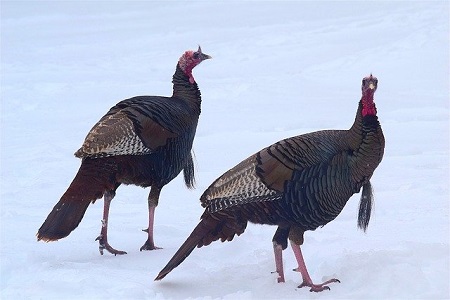 I love to eat cold turkey. However, I hate to quit a habit cold turkey.
I love to eat cold turkey. However, I hate to quit a habit cold turkey. I watched an old friend bite the dust last week. He had greeted me faithfully every day for years.
I watched an old friend bite the dust last week. He had greeted me faithfully every day for years. 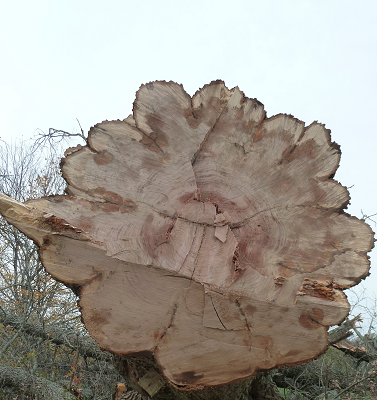 Like the circles inside his trunk, so goes
Like the circles inside his trunk, so goes 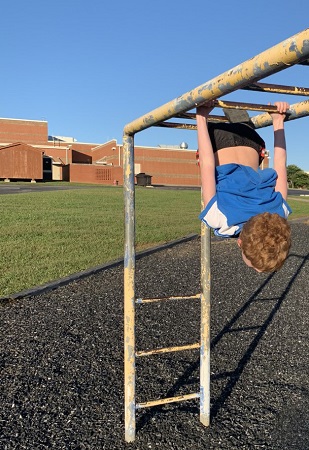 More than one way to skin a cat sounds cruel. We don’t want our cute, fur-covered pets to suffer.
More than one way to skin a cat sounds cruel. We don’t want our cute, fur-covered pets to suffer. Congratulations to Stephen Russell, whose name was drawn from my mailing list for a free copy of Adventures in Fatherhood by Carlton Hughes and Holland Webb.
Congratulations to Stephen Russell, whose name was drawn from my mailing list for a free copy of Adventures in Fatherhood by Carlton Hughes and Holland Webb. After Mom washed our clothes and put them
After Mom washed our clothes and put them  A preschool relative visited our family years ago. She used my mother’s perfume without permission. When Mom asked what she had done, Kim beat around the bush. Over and over she responded, “I’m just tired.”
A preschool relative visited our family years ago. She used my mother’s perfume without permission. When Mom asked what she had done, Kim beat around the bush. Over and over she responded, “I’m just tired.”